There is an abundance of skin care products available in the market but the secret of healthy and beautiful skin may lie in a person’s diet and nourishment from within. Old cells are constantly being replaced by younger new ones and steady nutrient supply is essential for this growth process.
More and more studies are examining the link between what you eat and how it affects your skin’s appearance. The focus has shifted away from superficial fixes to a more sustainable approach starting from inside.
Your skin is the first to show signs of improper diet and deficiency of key nutrients. If you want a skin makeover, first you have to go for a diet makeover. For radiant skin, strong nails, and shiny hair, start eating the correct balance of foods.
In order to give you a kick start on practicing the first step of skincare, here is the list of things you should add in your diet for a clearer and healthier skin.
Vegetables and Fruits
Vegetables and fruits are a rich source of powerful antioxidants that help in the protection of skin from the damage caused by free radicals. Smoking, Pollutions, and sun exposure along with free radicals can cause early signs of aging. Eat colorful vegetables and fruits aiming for a minimum of five portions in a day. Lutein found in papaya, spinach, and kale, and Beta carotene found in carrots, pumpkin, and sweet potatoes are potent antioxidants essential for normal skin cell development.
Fatty Fish
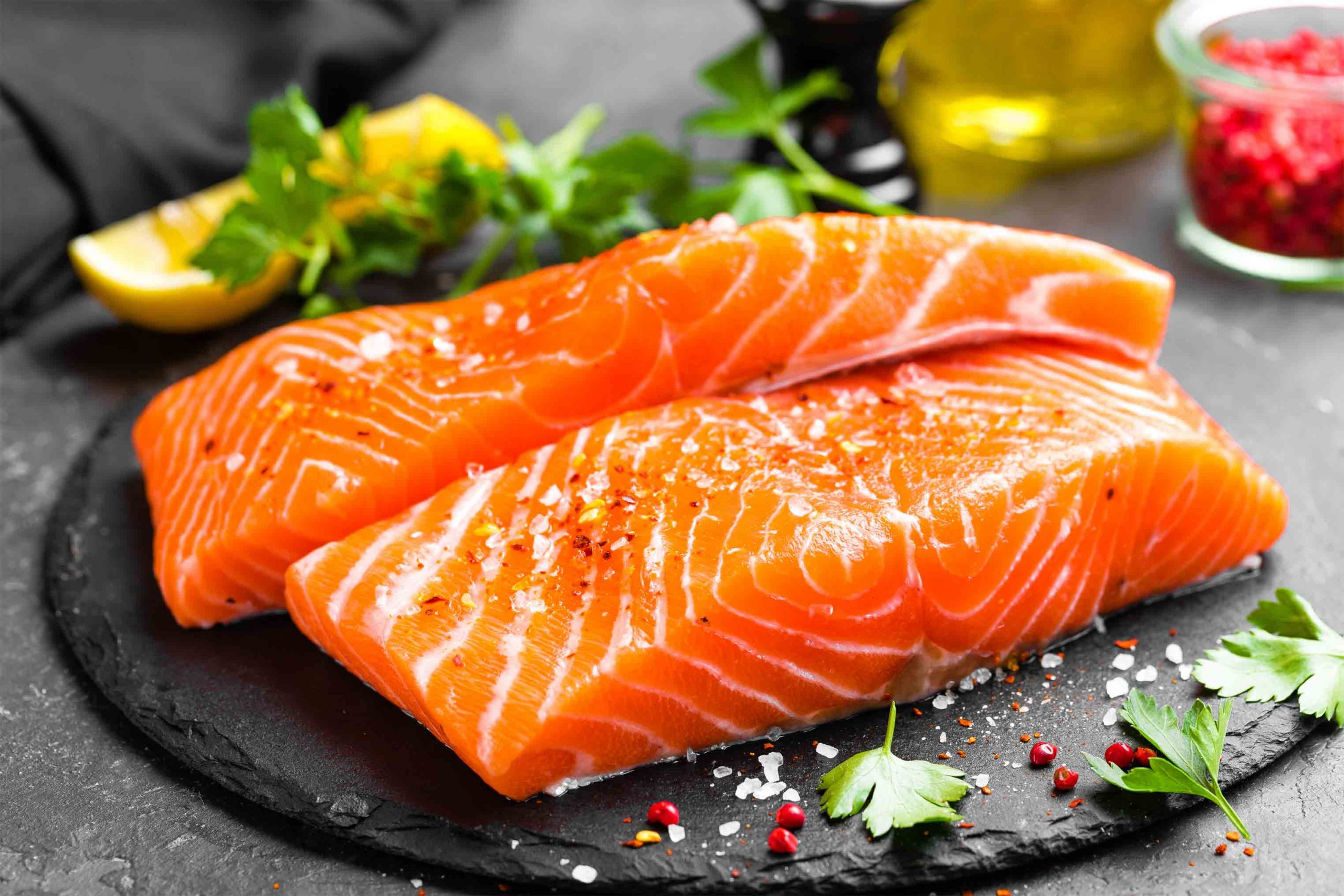
A common notion runs among the minds of people that fatty foods may cause some skin issues and are not good for health. However, it is important to remember that not all fats are the same. Fatty fish such as salmon, herring, mackerel, and sardines are highly beneficial foods for healthy skin as they are rich sources of omega-3 fatty acids. These essential fatty acids keep skin supple, thick, and moisturized. The omega-3 fatty acids in fish help in the reduction of inflammation which can cause acne and redness. Fatty fish is also an abundant source of
- High-quality proteins- Maintains strength and integrity of your skin
- Vitamin E- An antioxidant, prevents your skin from free radical damage and inflammation
- Zinc- Helps in the generation of new skin cells and regulates overall ski health
Dark Chocolate
Good news for all chocolate lovers out there! Dark chocolate is considered to be a superfood for healthy skin. It is the best source of powerful antioxidants on the planet. Dark chocolate is rich in polyphenols that may improve cell survival and offers protection against harmful UV radiation. Dark chocolate prevents collagen breakdown, thus keeps skin youthful and plump. It is an abundant source of Vitamins A, B1, C, D, E, and iron which helps in nourishing your body from the inside and boosts skin moisture.
Walnuts and Almonds
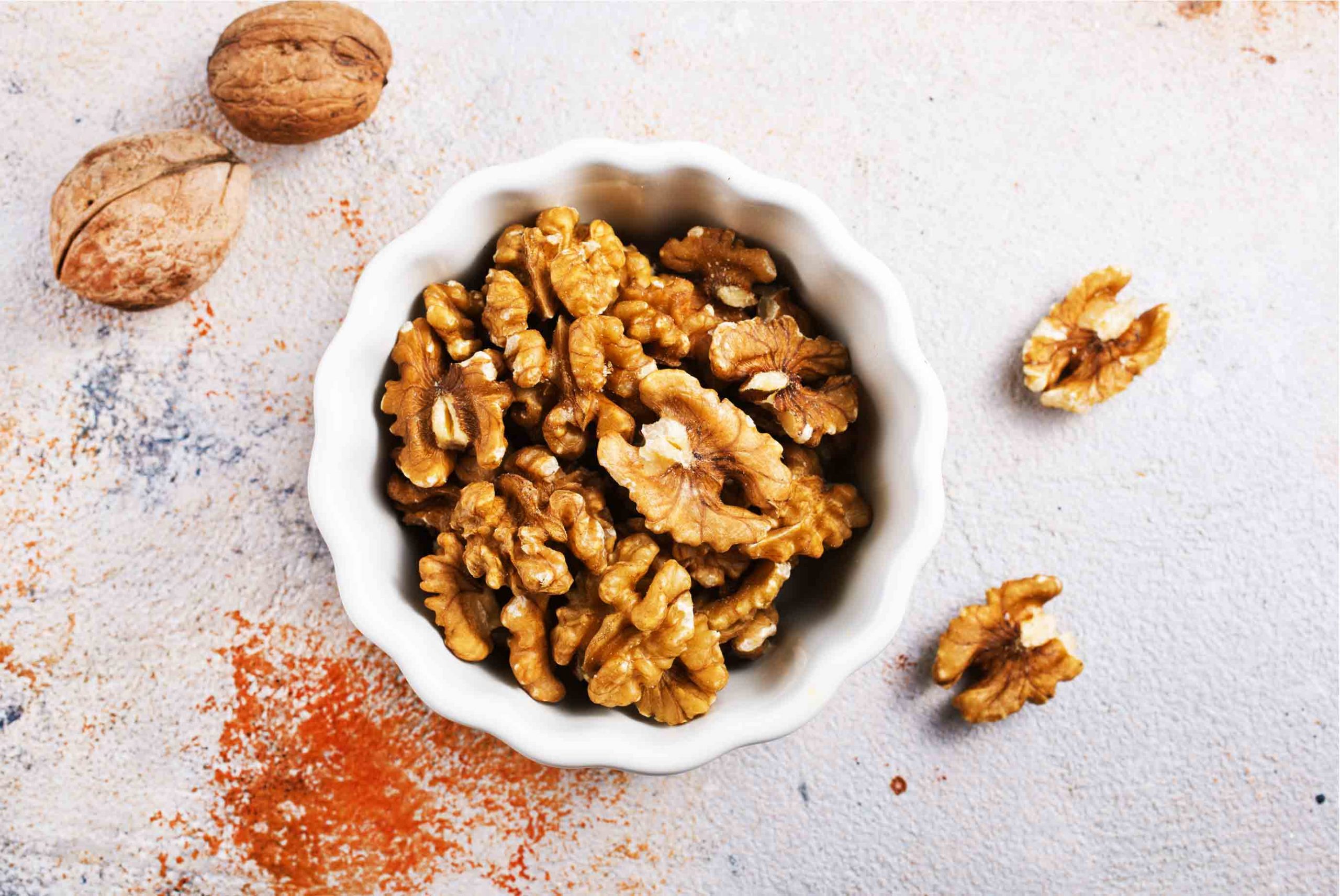
Add a handful of walnuts and almonds in your daily routine. They make excellent food for healthy skin. Walnuts are rich in essential fatty acids, fats that cannot be produced by your bodies. They contain omega-3 and omega-6 fatty acids which help in the reduction of inflammation in your body and skin. Moreover, walnuts contain other nutrients as well, such as Zinc and antioxidants Vitamin E and selenium along with proteins.
Almonds are a rich source of unsaturated fatty acids and Vitamin E that helps in promoting healthy skin.
Avocados
Avocados are high in mono- and polyunsaturated fatty acids such as Omega-9 that keep skin firm and dewy. They help in the regeneration of damaged cells and reduce irritation. The omega-9 fats keep the uppermost layer of your skin called an epidural, more moisturizes, and gives you the appearance of hydrated and healthy-looking skin. Avocados are also rich in carotenoids which help in combating free radicals and marinating the elasticity and water content of your skin.
In addition, avocados are a source of Vitamin E along with Vitamin C which helps in the production of collagen. It helps in keeping your skin healthy and strong.
Green Tea
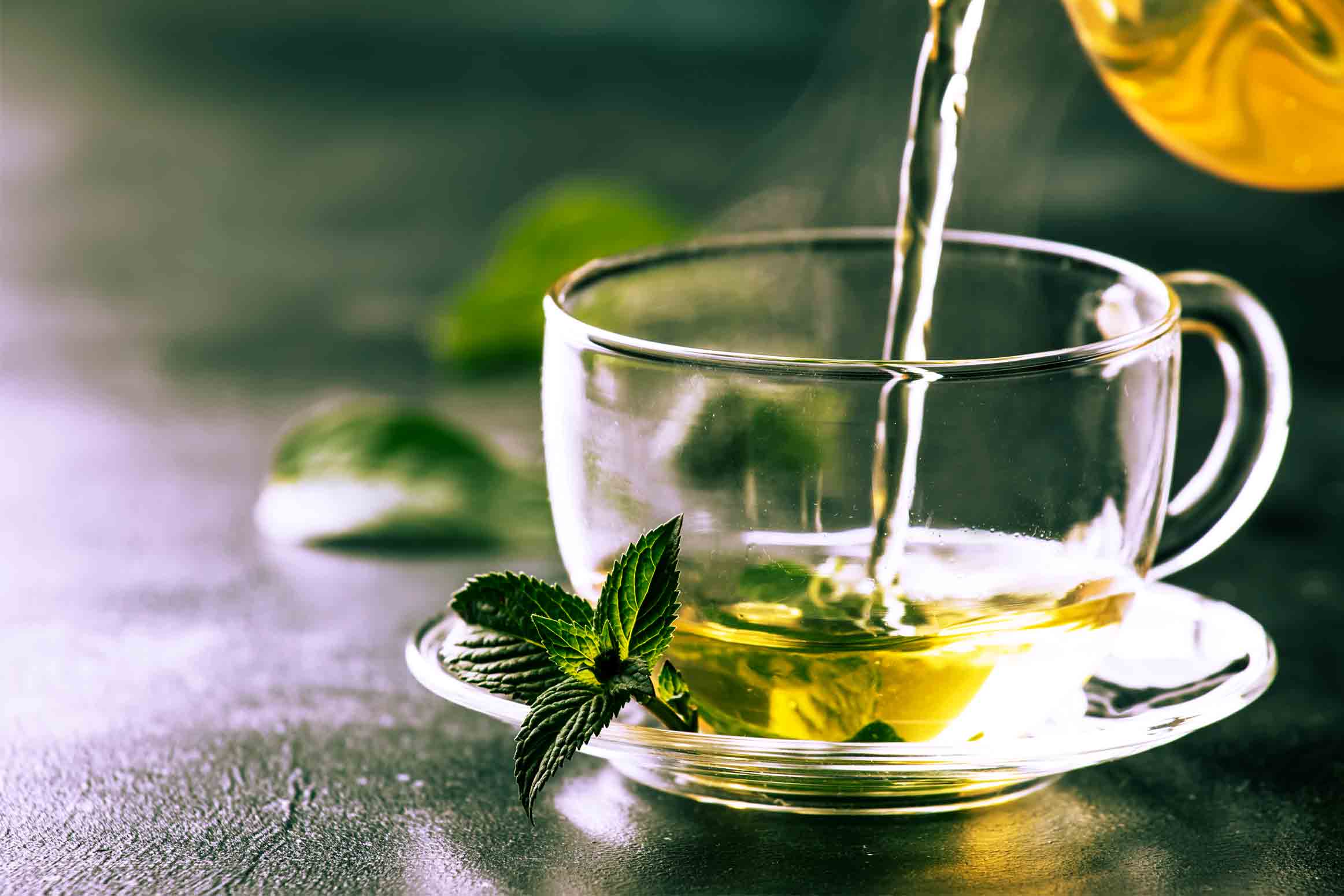
Kick start your morning with a healthful and energizing green tea. It contains several compounds that are beneficial to your skin. Green tea is rich in catechins, an antioxidant that helps in boosting blood flow to the skin. With increased blood flow, skin cells receive a good amount of oxygen and nutrients that keep it healthy. Antioxidants present in the green tea also protect the skin from harmful UV rays.
Sunflower Seeds
Sunflower seeds contain an ample amount of Vitamin E, selenium, and magnesium. Selenium is of more interest as this can protect your skin against sun damage, age spots, and is considered extremely advantageous for people experiencing acne. It helps to unclog the skin pores and treat acne symptoms. Sunflower seeds are also known to contain protective fatty oils, thus helping in achieving healthy skin.
Lemon
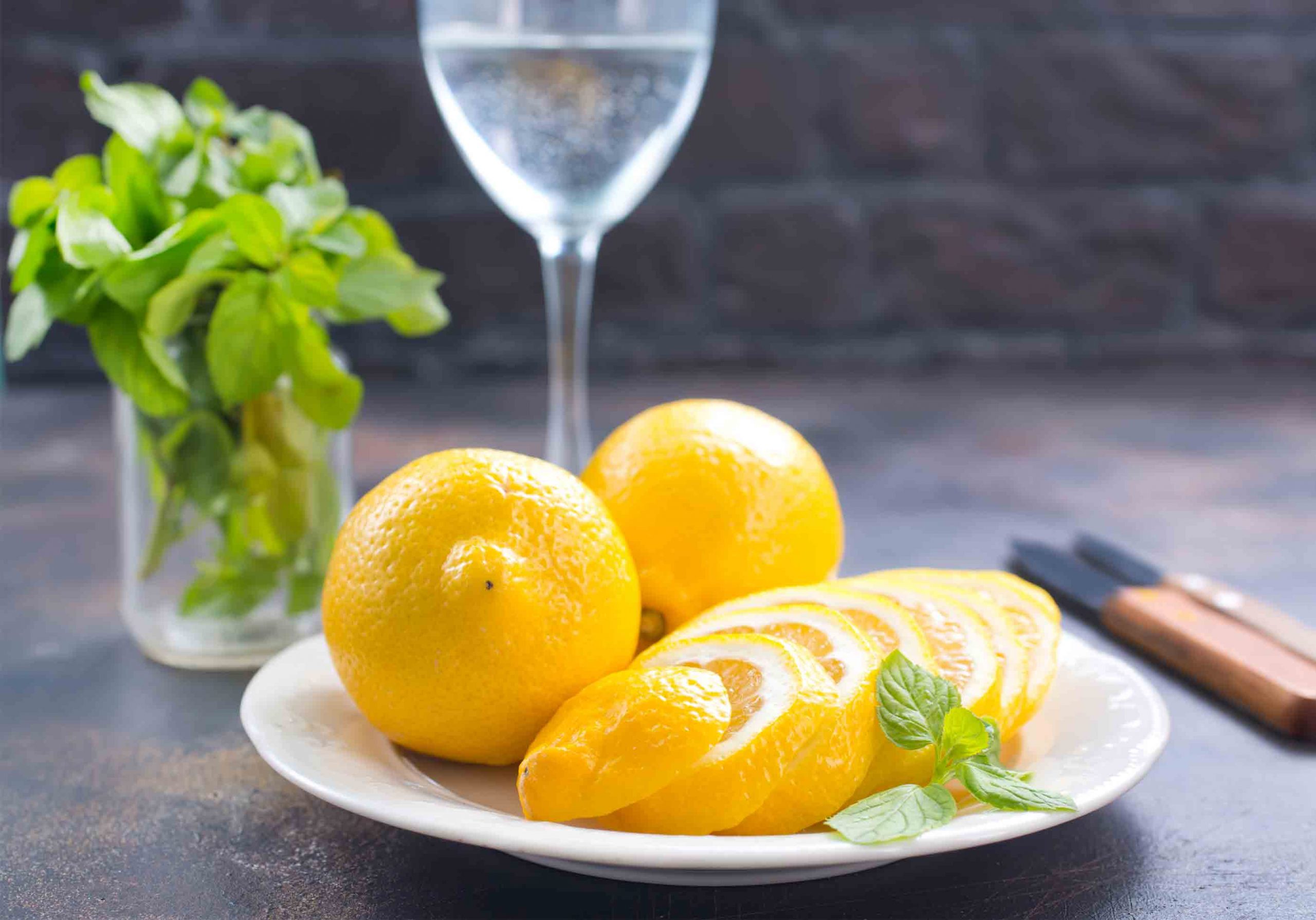
Lemon is packed with Vitamin C which helps neutralize free radical damage and helps in the creation of collagen. It also helps in the production of elastin which binds skin cells resulting in a firm and younger-looking skin. Lemon is the most alkalizing food. Although it’s acidic in taste after it is metabolized, the minerals in it help balance the body’s pH by alkalizing the blood. Overconsumption of coffee, processed food, and alcohol makes your body acidic which leads to super sensitive, dry, and irritated skin. Lemon is the perfect food for marinating a good balance.
The Bottom Line
You can give everything your body needs for healthy, strong, and attractive skin by adding above in your diet. However, do not expect an overnight miracle after altering your diet. It takes six weeks for the new skin cells to make it to the surface, so have the patience to get the visible benefits from dietary changes.
If you are experiencing any of the persistent skin conditions, let us help you explore your options. Schedule an appointment for a visit at our Lansing or Mount Pleasant dermatology office, whichever is convenient for you.
Disclaimer
The information contained on safehealthcenter.com is for informational and educational purposes only and should not be relied upon for any medical or diagnostic purpose, or for the treatment of any condition or symptom. This information is subject to change without notice and should not be considered current, complete, or exhaustive. You should refrain from relying on such information to recommend a course of treatment for you or any other individual without consulting our experts.

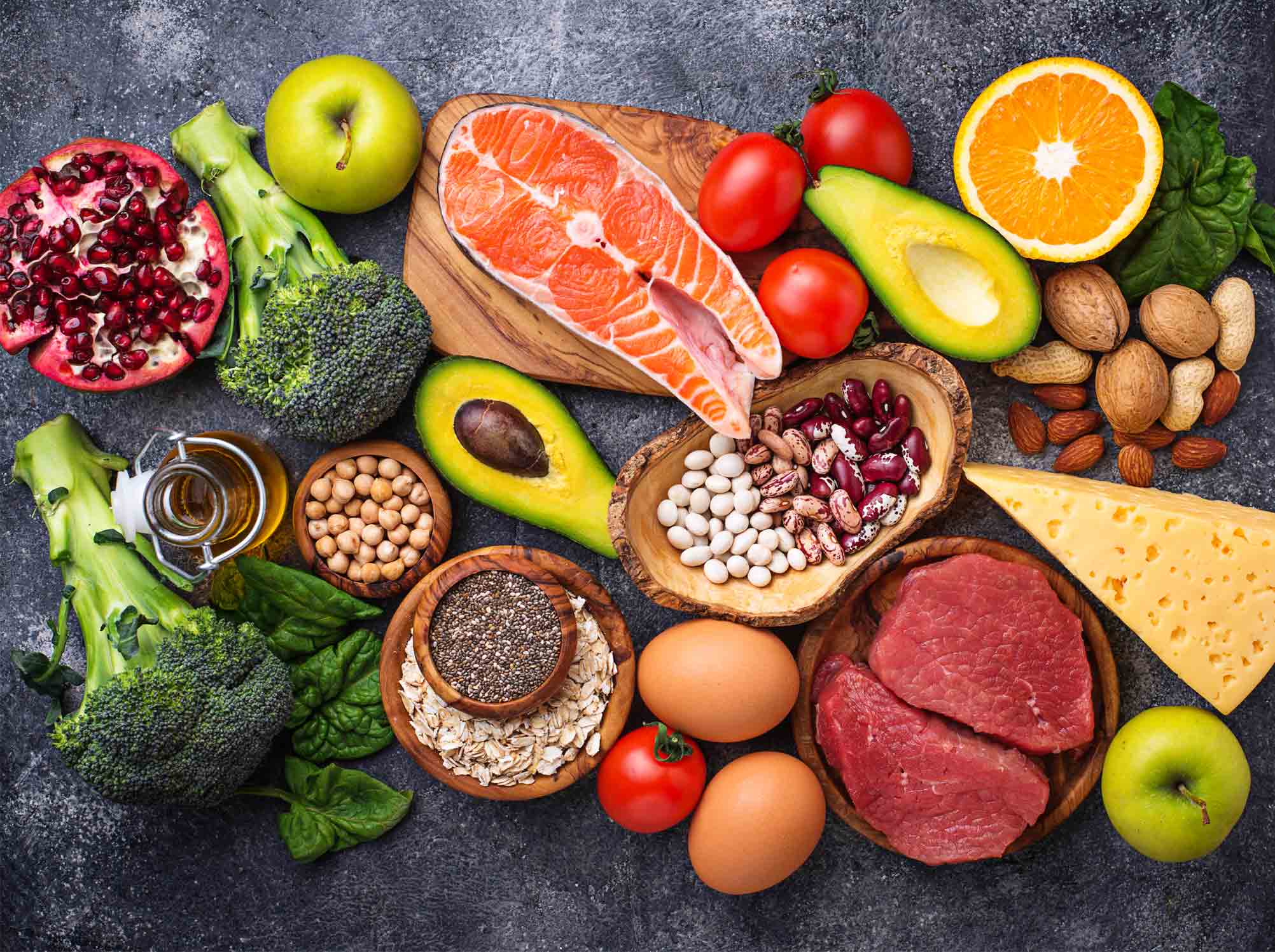


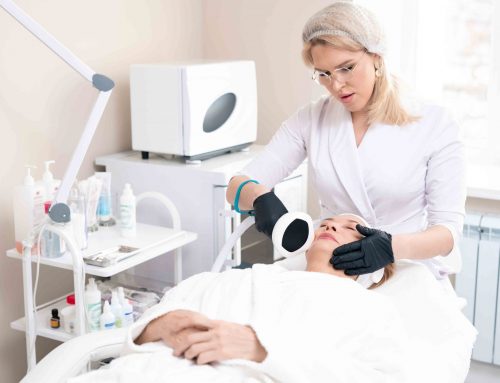
Leave A Comment